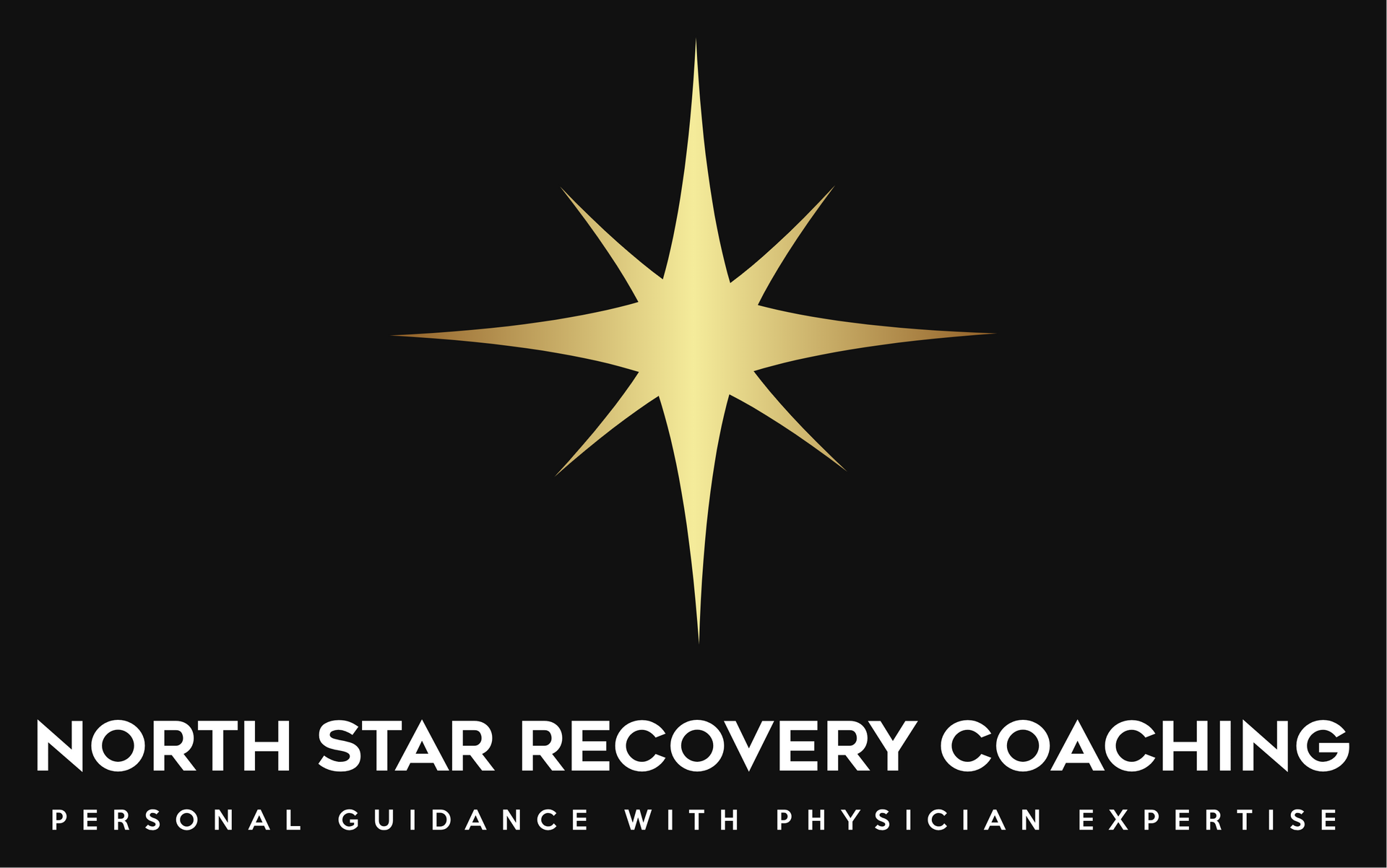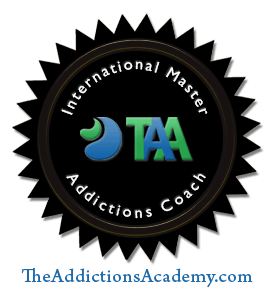
The Twelve Step Principles Can Help Anyone
For the past 90 years, Twelve Step programs have been instrumental in helping individuals overcome various addictions. While the Twelve Step literature describes it as a simple program, meaningful completion can be challenging yet profoundly transformative. Recovery using this approach demands time, effort, and self-reflection to understand the root causes of addiction and make lasting personal changes.
A cornerstone of Twelve Step programs is spirituality. While belief in God can facilitate the process, atheists and those with strained relationships with God can also find success. Remarkably, the principles of these programs can benefit even those not suffering from addiction.
Let's explore how Twelve Step principles can foster life-changing growth for anyone by examining the program's structure.
Twelve Step programs are built around twelve principles or steps, divided into four sections, each with a specific purpose. Each successive section builds on the previous one, guiding individuals toward personal growth, sobriety, and recovery. For those struggling with addiction, the first three steps involve acknowledging the addiction and recognizing that recovery requires support from a sponsor—a fellow addict progressing through the Twelve Steps who can offer guidance.
Once the addict understands and accepts these concepts, they can delve into the underlying drivers of their addiction. This involves creating a detailed list of "character defects" and discussing them with their sponsor. These conversations illuminate how these traits contribute to the addiction and provide insights into managing or eliminating them over time. The final steps focus on making amends to those harmed by the addiction, engaging in routine self-evaluation, and participating in community service.
These principles are equally applicable to non-addicts seeking self-improvement. For instance, if you wish to improve your relationship with your spouse, the initial steps require acknowledging the problem and seeking external help from a therapist or coach. Next, identify and understand your role in the issue—what are your "character defects" that contribute to the relationship challenges? Once identified, consider how you will change these traits to prevent them from negatively impacting your relationship. Additionally, addressing any actions that require amends can help your relationship progress. Finally, self-maintenance is crucial to avoid reverting to old habits that previously harmed the relationship.
Twelve Step principles are universal. They can dismantle the barriers to self-improvement, helping individuals accept reality, understand contributing factors, and take the necessary steps for a healthier future.
Kenneth Markowitz MD, IMAC, CHCQM

